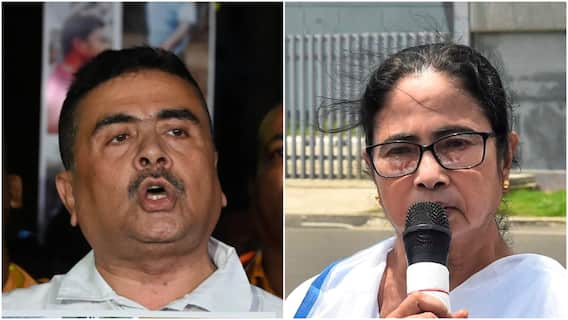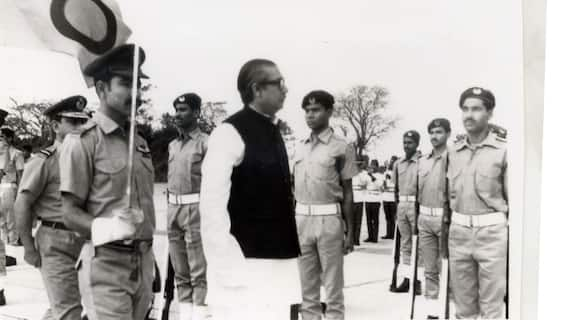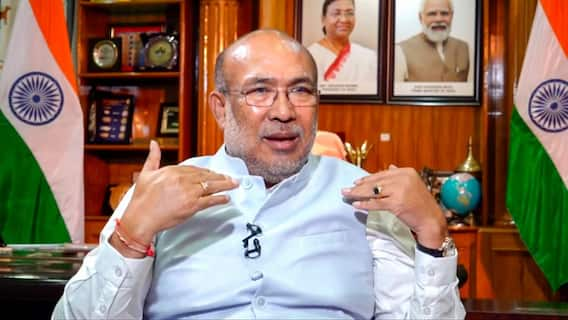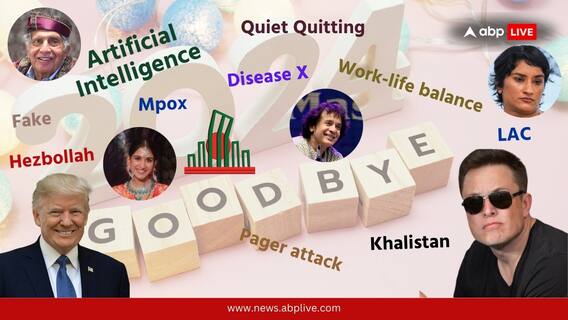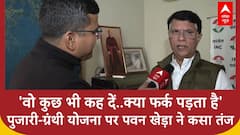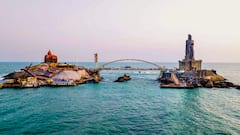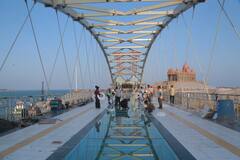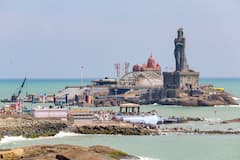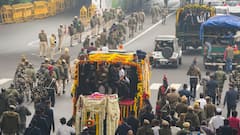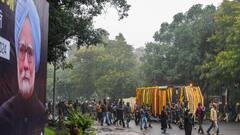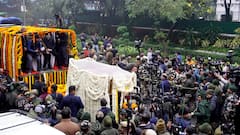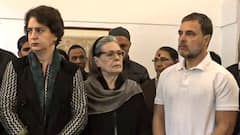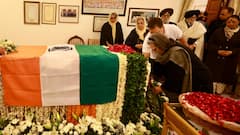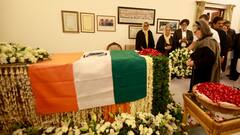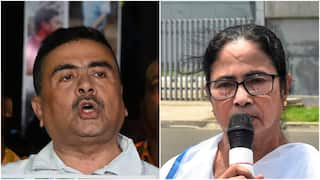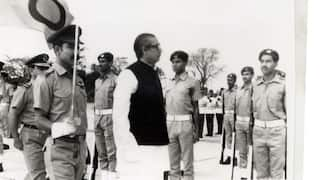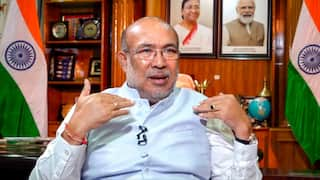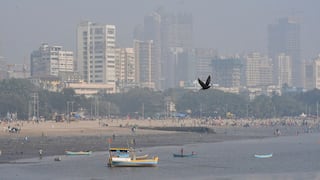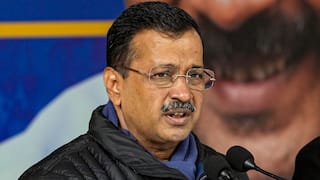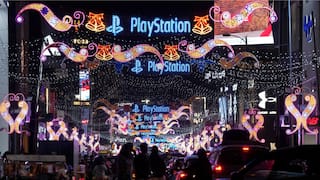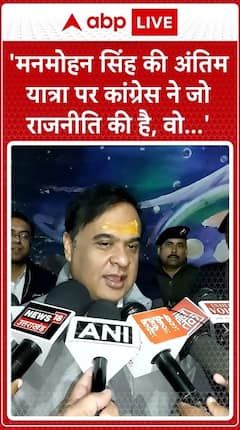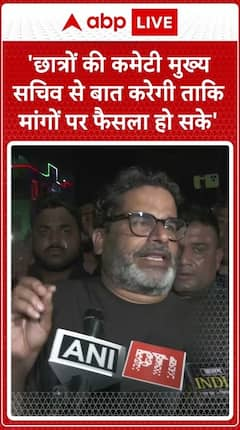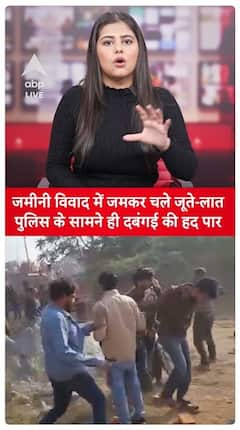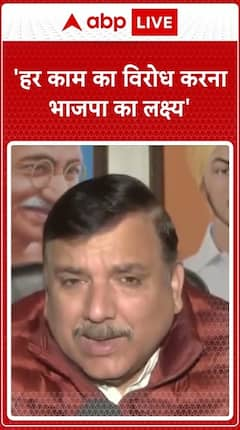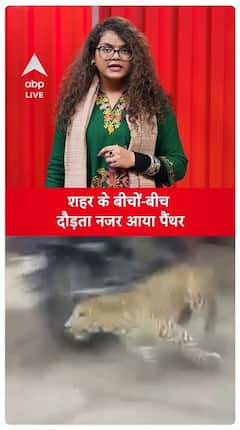BJP Stages Protest In Kolkata After Bengal Police Denies Permission For Ganga Arati
Ahead of the holy dip at the Gangasagar Mela, the West Bengal BJP was denied permission by the police to hold Ganga Arati in the Babughat area.

The West Bengal unit of the BJP was denied permission by the police to hold a Ganga Arati ceremony in the Babughat area of Kolkata on Tuesday. In response, members of the party staged a protest in the Babughat area.
Later in the evening, the BJP state president, Sukanta Majumdar, organized the ceremony at Babughat without official permission from the police. The police had denied the request due to concerns over traffic congestion during the mela and the ongoing G20 summit in the city.
"Whenever BJP plans to organise a programme, the police deny permission. It is not the first time that such an event has been organised. Every year during Gangasagar Mela, we organise this programme. But the police this time denied permission, citing flimsy reasons," Majumdar said.
"The police are citing the G-20 summit. It is being held in the Bidhannagar-Newtown area, and our event is at Babughat, which is quite far away. The police, under the instructions of the TMC, are stopping us from organising the event," he said.
A scuffle ensued between the police and BJP supporters, leading to the arrest of several party workers. In response, Majumdar and other BJP activists squatted in front of prison vans, demanding the release of those arrested. The TMC party dismissed the allegations as baseless.
"We have nothing to do with the police's permission. The BJP is trying to import the politics of UP and Hindi heartland in the state and vitiate the atmosphere of the state," TMC leader Debanghsu Bhattacharya said.
The development comes amid the ongoing Gangasagar Mela that will end later this week. After the Kumbh Mela, the Gangasagar Mela is the world's second-largest human congregation at the confluence of the holy river Ganga and the Bay of Bengal.
Gangasagar Mela, Bengal's largest and longest living tradition, has been described in Indian epics such as the Ramayana and Mahabharata, dating back to 400 BCE. According to legend, Queen Satyabhama built the first Kapil Muni's temple around 430 AD, and Swami Ramanand created the current idol in 1437, ushering in a pilgrimage that continues to this day.
This year, it began on January 8 and will go on till January 15.
Trending News
Top Headlines






